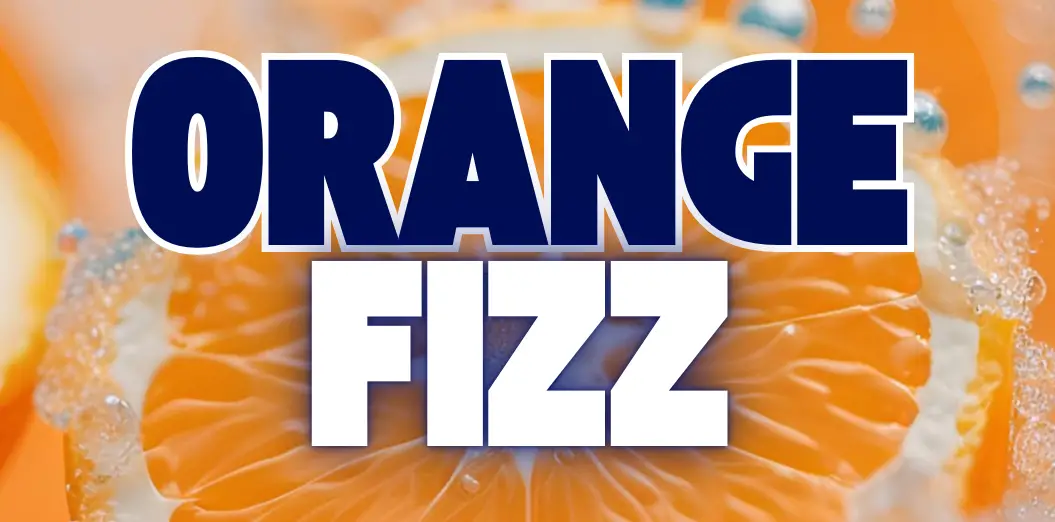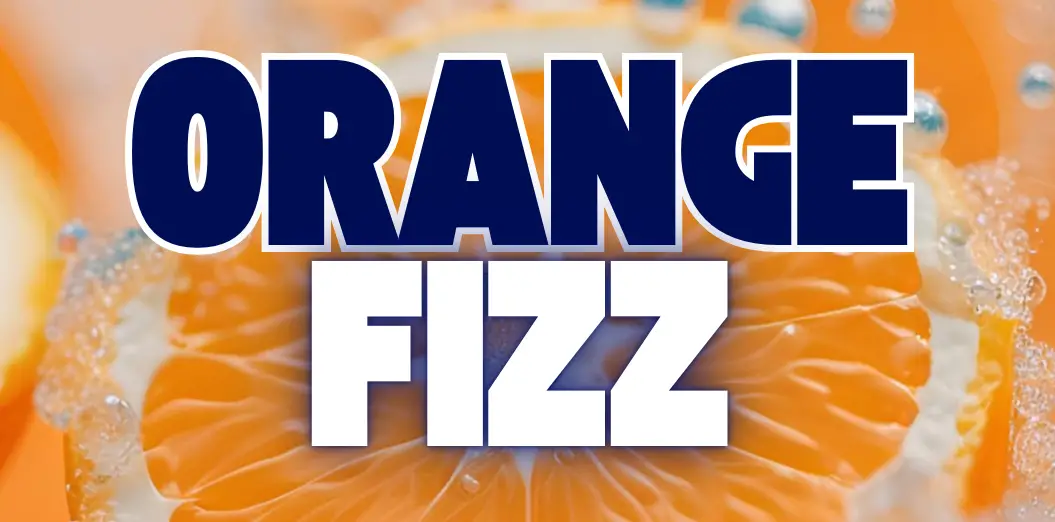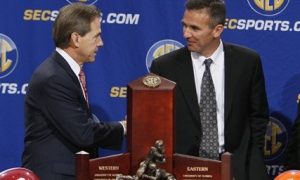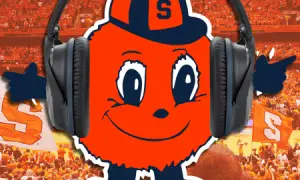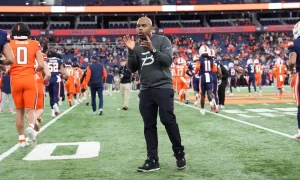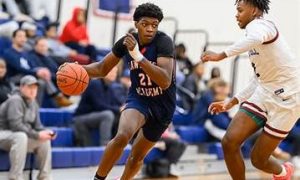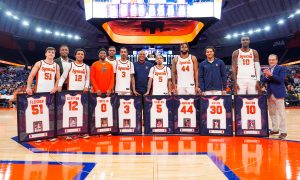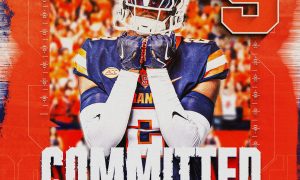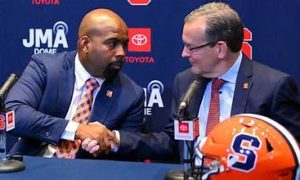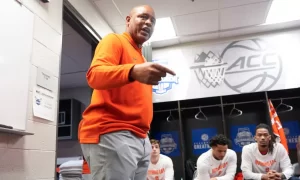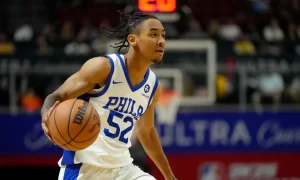Listen to The FizzCast with Othello Henderson, who took money from an agent at UCLA.
After the ground-breaking story in the most recent issue of Sports Illustrated concerning former college players taking money from then-agent Josh Luchs, I had even more questions about how it all happened and more importantly Рwhy?
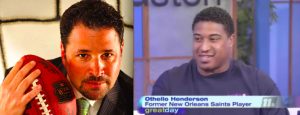 One of the players named in the story is Othello Henderson. He’s a former UCLA Bruin who went on to a short career in the NFL, and now spends his time speaking to young high school athletes about making good decisions and trying to guide them on the right path.
One of the players named in the story is Othello Henderson. He’s a former UCLA Bruin who went on to a short career in the NFL, and now spends his time speaking to young high school athletes about making good decisions and trying to guide them on the right path.
Henderson admits that he took money while he was still in college, a violation of NCAA rules, but tries to use his story to help others avoid making possible career ending mistakes. We spoke with him for the latest edition of the FizzCast and found that he had some very revealing and candid answers.
What was his reaction to finding out about the story? He said Sports Illustrated had called him a few months in advance of running the piece. While he did take money, not all of what is portrayed in the story is true, he says:
“Josh (Luchs) and I weren’t friends. He actually was a runner for my agent when I was in college. Doc Daniels is who Josh used to work for. The funny thing to me is that he makes himself seem like he was this super agent. If you read that article, you would have thought Josh was actually out there representing guys, and he’s always worked for somebody. Even up until he said he’s getting out of the business now. He’s still working for somebody else. It’s not ‘he’s the agent and he has runners working for him.’”
Why Luchs come forward with a story like this? Does it mean someone has something to gain?
“I feel like (the article) was kinda selfish and was for self gratification. He actually, in the article, alludes to the fact that he doesn’t have anything to gain from it, but I believe he does. How often do you see a non-athlete get a cover story in Sports Illustrated? He went from being somebody that nobody knew who Josh Luchs was, and now everybody internationally knows who he is.”
Henderson was a two-sport All-American in football in track coming out of high school but colleges targeted him for fall Saturdays. Recruiting trips today are essentially public affairs, all the information within the click of a mouse. Henderson had a pretty plush experience.
“I took four trips. I went to Notre Dame, I went to LSU, I went to UCLA, and I went to Nebraska and I cancelled my trip to USC because I got tired of traveling. I actually went to LSU and Nebraska on a Learjet. I didn’t see benefits until I got to college. Yeah, there’s money out there, but one of the main reasons why I left the state of Texas was because a lot of the Southeast Conference schools were already getting put on probation because they were violating NCAA rules.”
He chose UCLA and went on to have a very successful career. To my surprise though, he said it’s not the football or the stadium or the girls schools try to sell. It’s books.
“Most of the colleges Рthey sell academics believe it or not. They will let you know what their graduation rate is; they will let you know how much they care about you as a student before an athlete. They understand that you’re coming there to play but they want you to understand there is going to be work involved when you get there.”
Apparently the NCAA rulebook was not a part of the curriculum. Henderson took money when he was still enrolled in school, which could have gotten him kicked off the team. When he talks about it now, there’s a twinge of regret in his voice, and maybe a little self anger. He knows he shouldn’t have done it, but what a college brain knows and a professional brain knows can be worlds apart.
“You think on a whim when you’re that young. In my case, I started playing college ball when I was 17 and I was drafted into the NFL at 20. You think you want instantaneous gratification at that time. You’re young, you’re high strung, you’re on the go and you don’t think past the decisions that you make. But a lot of times when you make the decision and you think back and you’re like ‘Oh my goodness!’ When I made the decision to do what I did, it was the wrong decision. Once I got in the situation, I couldn’t turn around and go back because at that point I would have been sacrificing my eligibility.”
And despite having played in the NFL, there’s a decision he says that was even harder than having to choose an agent.
“Agents don’t do a lot of work,” Henderson says. It’s all about what you’ve done on the field.
The choice of your four-year college is the biggest investment you’ll make, he says.
“I think it’s probably harder picking a school going from high school to college. A lot of times when you’re in college and you’re about to go into the NFL, you have already built your stock based off of what you’ve done collegiately. A lot of agents will tell you they can get you more money, yes they probably can because they have a working relationship with a specific player personnel guy or a general manager of a professional team, but as a student-athlete in college you built your stocking playing at the collegiate level. I think it’s a much harder decision going from high school and picking the right school. Everybody’s not going to play Division-1 ball, you need to pick the college that fits you. I tell kids all the time if you were to go to the school that you pick, and you break your leg and you can’t play one down of football, you need to know you’re going to be happy going to that school for the next four years.”
That can be something easily overlooked by a recruit who’s just wowed by the size of the Carrier Dome or the kindness of a coach. Just because something looks good on the outside doesn’t mean that it’s always the right fit.
Henderson spends his time today working with a high school recruiting network that advises potential Division-1 athletes. He has the same message for all of them – one that he probably wishes someone would have been there to tell him back when he was 17.
“I’ll tell all of them how many of you know right from wrong? And they all raise their hand. I was like, so we got it clear that everybody knows right from wrong? And they’ll say yes. And I’ll say ‘You’re right. Because a two year old child knows if they put their hand on a hot stove, and it’s hot, they know not to put their hand on a hot stove again. They know right from wrong at that point. So if a two or three year old child knows right from wrong, you as a teenager know right from wrong.’ I don’t believe in making mistakes, you make bad decisions. Making a mistake is not knowing right from wrong.”
Posted: Mike Couzens
